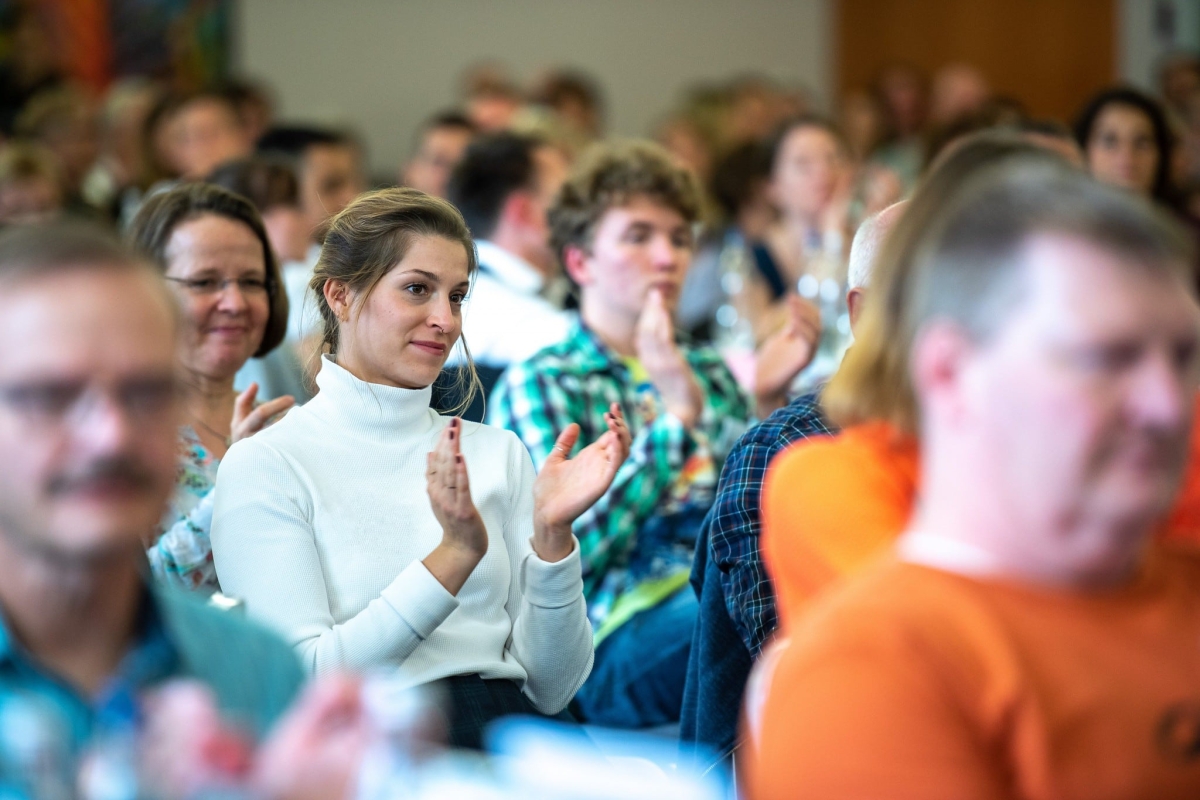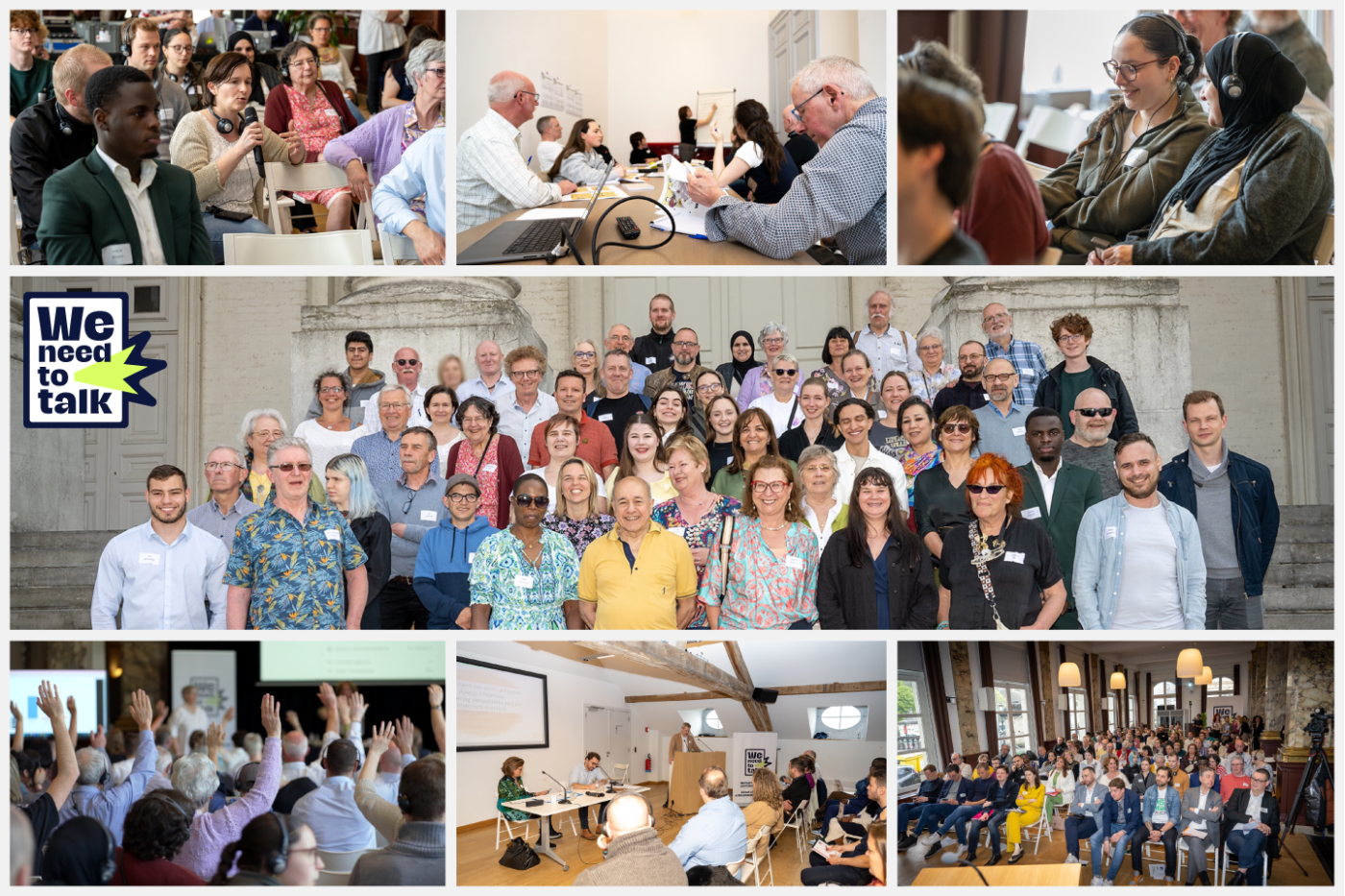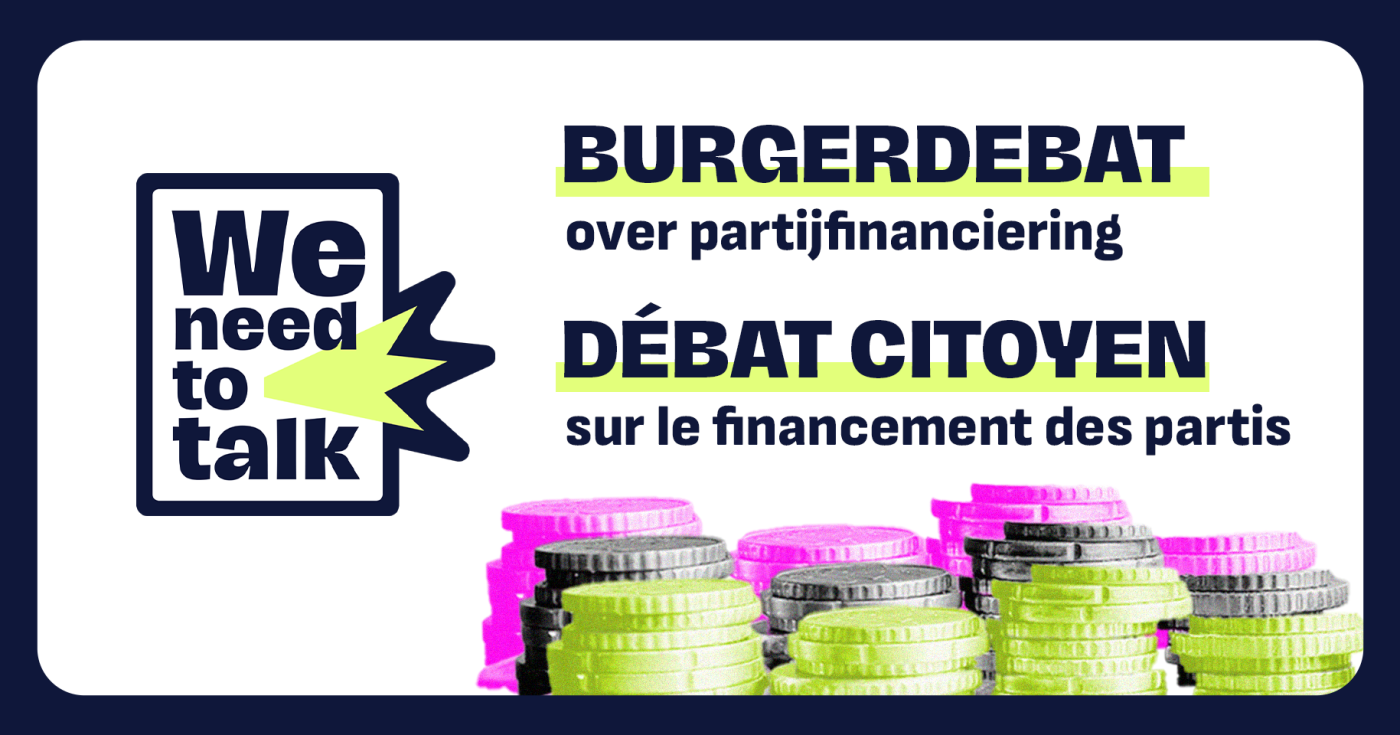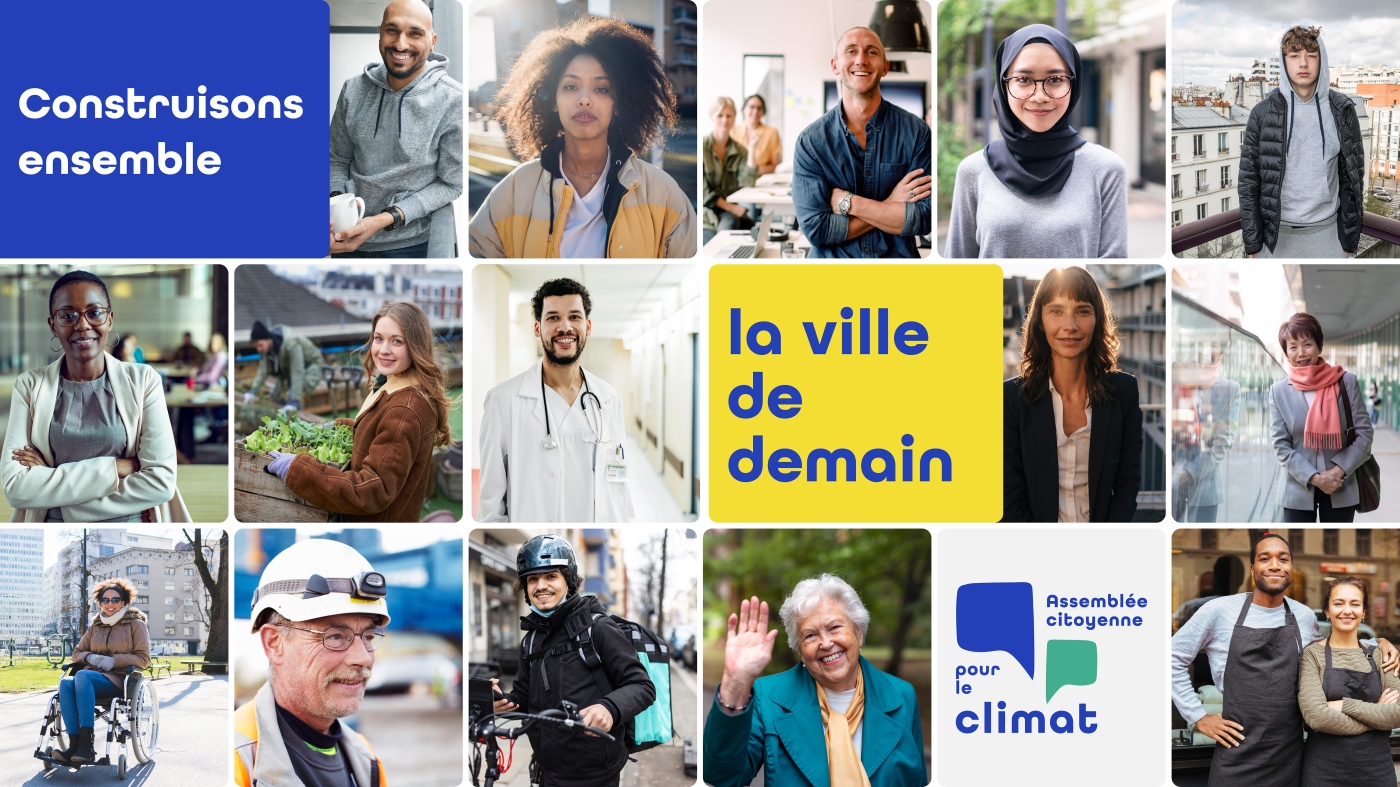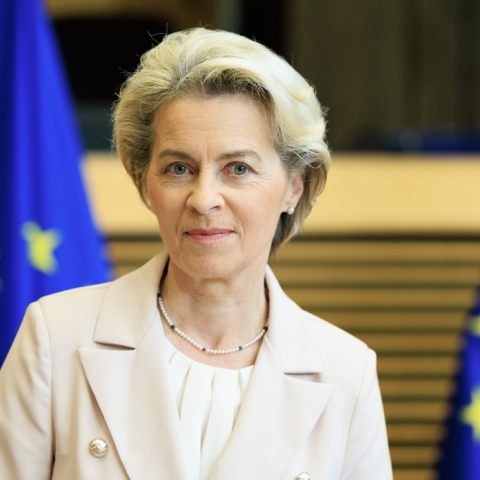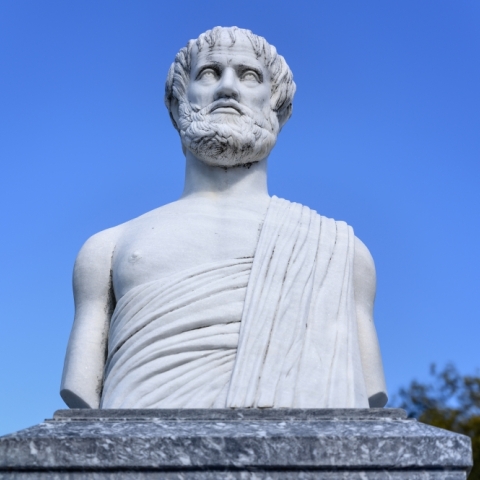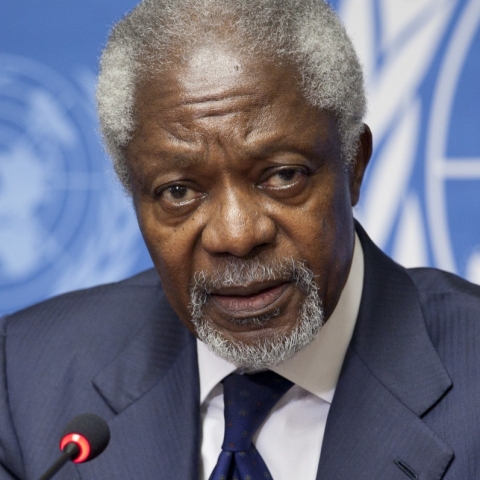Cases

Mechelenmakers Citizens panel
The municipality of Mechelen wanted to involve the citizens more in the political life and therefore gathered in May 2021 a panel of 50 randomly selected citizens to discuss the question of the balance between a lively and a peaceful city—the recommendations resulting from this process have been forwarded to the local institutions for implementation.
Citizens Panel on Climate in Wallonia
In 2021, the Walloon Government commissioned a Citizens Panel on Climate as part of the revision of the Air Climate Energy Plan, asking the approximately sixty citizens selected by lot to formulate recommendations for measures to be taken to reduce greenhouse gases of 55% since 1990 by the year 2030.
Permanent Citizen Council of Saint-Gilles
In 2020, the municipality of Saint-Gilles has set up a permanent citizens' council, made up of 35 Saint-Gilles inhabitants, in order involve residents in the development of public policies, encourage citizen participation and improve the interaction between residents and elected officials.
Brussels Mixed Committees
Since 2020, the Parliament of the Brussels-Capital Region and the French-speaking Parliament of Brussels organize joint commissions bringing together citizens chosen by lot and elected officials to formulate recommendations on various topics that are then dealt with in the Parliament.
Agora Citizens Assemblies
Since 2020, the political movement Agora organizes the deliberations of the Brussels Citizens' Assembly, gathering 89 citizens drawn by lot to formulate proposals relayed to the Brussels Parliament by an elected spokesperson.
Future Forum Zoet Water
In 2020, 38 citizens from the municipality of Oud-Heverlee were chosen by lot to discuss the future of the "Zoet Water" site and to formulate proposals for the municipal council, in order to co-design with the local institutions the future of this important territory of the municipality.
Permanent Citizen Dialogue in Ostbelgien
Since 2019, the German-speaking Community has adopted a decree for a “permanent citizen dialogue”, a deliberative model consisting of a permanent council of citizens drawn by lot initiating occasional assemblies of citizens also drawn by lot, who deliberate and formulate recommendations around a theme defined by the citizen council.
Ghent's Citizens' Cabinet
In 2017, the municipality of Ghent set up a "citizens cabinet" composed of 150 randomly selected citizens to deliberate and provide recommendations to the city council, as part of a broad citizen consultation process on the city's traffic plan in progress since 2015.
G1000 Citizens' Summit
In 2011, in the midst of a political crisis in a governmentless Belgium, G1000 was a citizens' initiative aimed at breathing new life into democracy by organizing a major citizens' consultation, bringing together 1,000 randomly selected citizens to make recommendations to the political world.
G1000
In citizens' assemblies, every person contributes to political decision-making. Everyone with his or her knowledge, skills and experience. If they get the time and the necessary information, citizens are able to create realistic and bold solutions for the common good, without electoral concerns and party pressures.
G1000 calls for this form of democracy to become the standard at all levels of government.
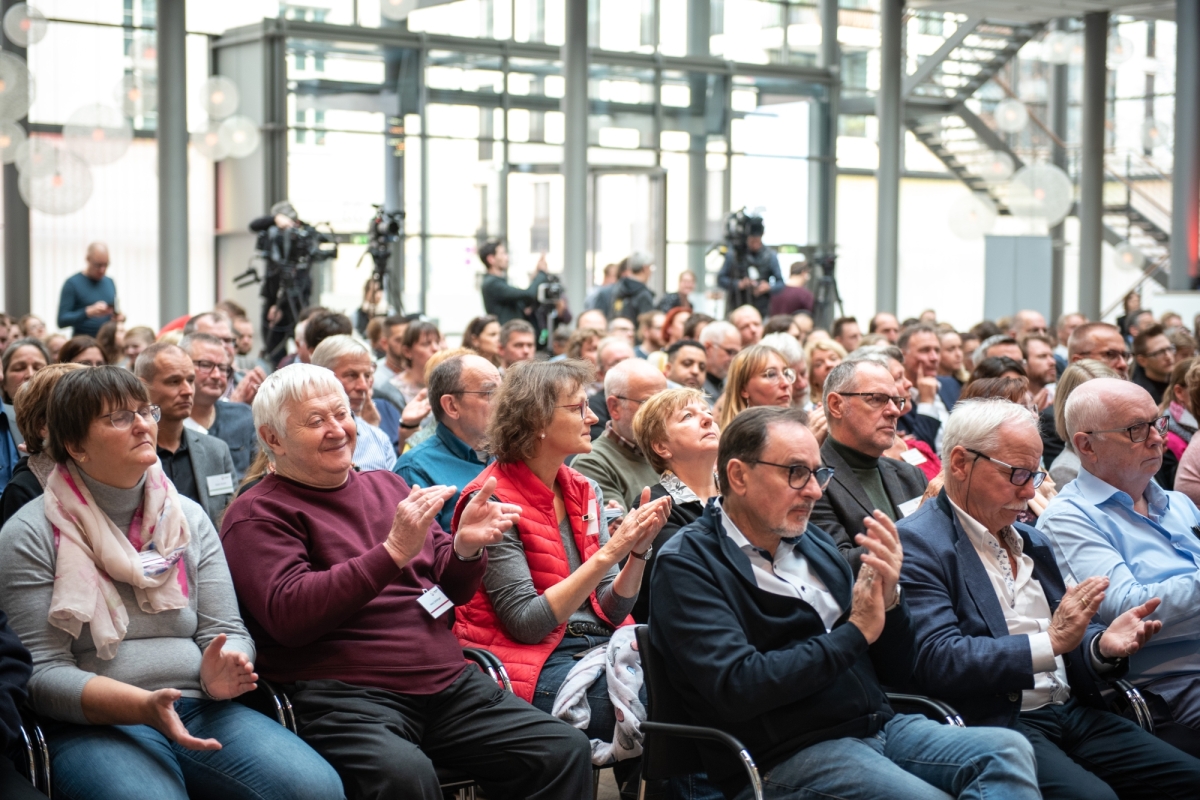

Support us
G1000 is an independent non-profit organization that cannot exist without the support of its contributors. You too can play a role in the implementation of a democratic renewal in Belgium. Support us financially or become a volunteer.


